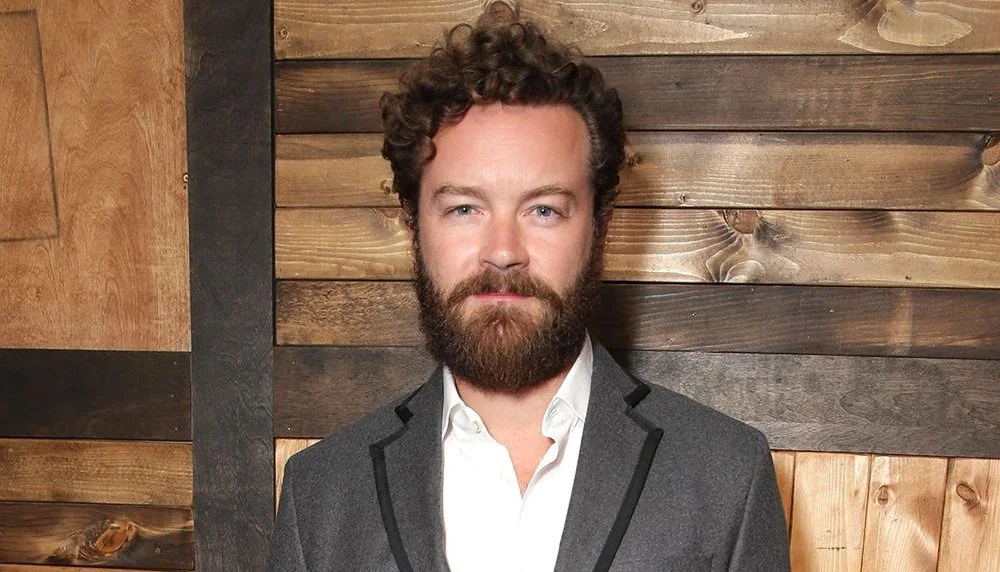Former “That ’70s Show” actor Danny Masterson has recently been sentenced to a 30-year prison term for the sexual assault of two women in cases that date back to 2003. The verdict has garnered significant attention, and Masterson is currently under close observation in jail to monitor his mental well-being.
Masterson’s legal battle has been ongoing for years, with the actor facing accusations of sexual assault from multiple women. After a lengthy trial, he was found guilty in May of two counts of rape related to incidents that occurred nearly two decades ago.
As Masterson awaits his transfer to a California state prison to serve his full sentence, he is currently held at the Los Angeles County Sheriff Men’s Central Jail. To ensure his well-being, deputies conduct regular checks on him, visiting his cell every 30 minutes. The primary objective of this close monitoring is to assess his mental state and ensure his safety.
Mental Health Considerations:
Law enforcement authorities have made it clear that if Masterson displays any signs of mental distress, he will be subjected to a thorough mental health evaluation. This cautious approach reflects the increasing recognition of the importance of addressing mental health concerns within the prison system.
Prosecutorial Decision:
In a surprising turn of events, prosecutors have announced that they will not pursue a conviction on a third rape charge against Masterson. This decision comes after the jury was deadlocked on the third allegation, highlighting the complexity of the case and the challenges faced by both the prosecution and the defense.
Ongoing Legal Debate:
Despite the sentencing, Danny Masterson’s attorney remains adamant that the case is far from over. The defense maintains that Masterson’s conviction was “not supported by evidence,” setting the stage for potential legal appeals and continued courtroom drama.
The sentencing of Danny Masterson to 30 years in prison for the 2003 rape cases marks a significant moment in his legal saga. As he faces his sentence and ongoing legal challenges, the case continues to be closely watched by the public and legal experts alike, sparking discussions about justice, accountability, and the importance of addressing mental health concerns within the prison system.




